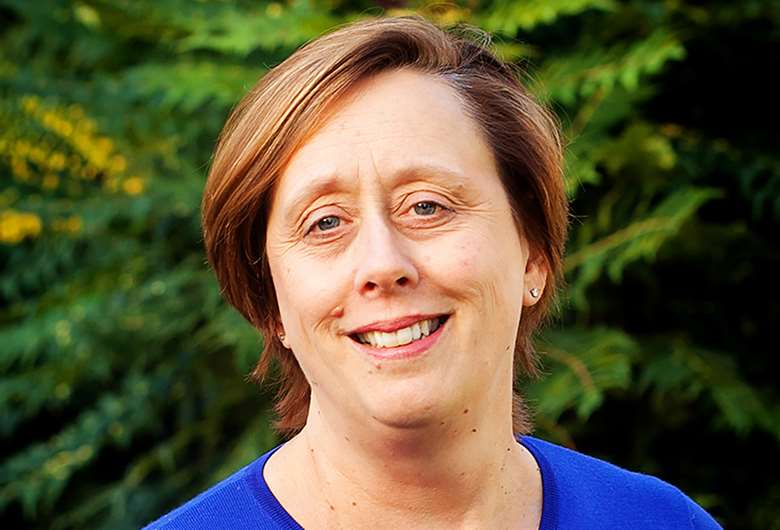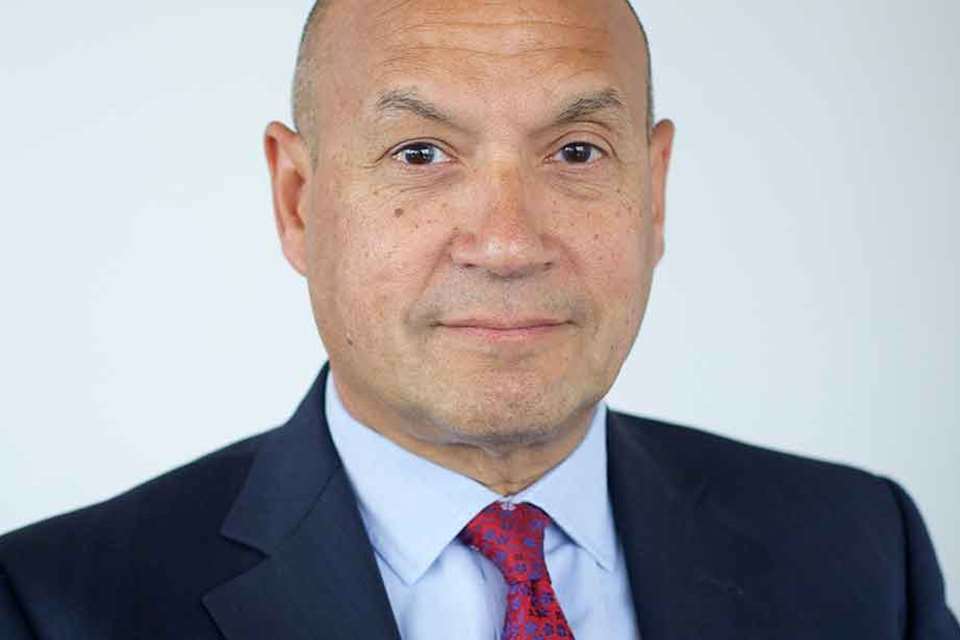Help childminders rise to the 30 hours challenge
Liz Bayram, Chief Executive, PACEY
Friday, September 1, 2017
PACEY's chief executive Liz Bayram says childminders need more support, recognition and funding to successfully deliver the extended entitlement.

At this time last year, uncertainty around 30 hours was rife, and only a third of childminders told PACEY that they were prepared to offer it. Fast forward 12 months, and 30 hours is about to be rolled out to eligible families across England. Whilst many questions remain about the new extended entitlement, childminder engagement looks quite different.
PACEY’s new snap poll of registered childminders in England has found a clear majority of childminders – 60 per cent – are planning to offer funded places of up to 30 hours per week, either in full, or in partnership with other providers such as pre-schools and nurseries.
This does not mean that childminders’ apprehension around 30 hours has dissipated; quite the contrary. Our research has found childminders stand to lose £400 a year on average for each 30-hour place offered. Other longstanding concerns include ‘hassle’ from delayed payments and paperwork. A significant number of childminders who are planning to offer 30 hours told us they are doing so ‘reluctantly’ and even ‘under duress’ because they want to help families and provide continuity for children in their care. A number have also calculated that they will lose business if they do not. As one childminder put it, ‘I do not feel that my business would be sustainable if I did not offer funded places’.
Many childminders feel they have no choice but to put limitations on the number of 30-hour places they are offering, for example by only opening them up to existing clients, or only offering part of a place in conjunction with another provider. Some will need to charge parents for food, outings and additional activities to make ends meet. Others say they do not know how long they will be able to offer the new entitlement, as they are effectively subsidising families.
There is also the critical issue of parental demand. Our poll found that 40 per cent of childminders have not yet been asked by parents to deliver a 30-hour place. This follows news that only seven per cent of places in the 30-hour pilots were delivered by childminders. As one childminder put it to us, ‘I'm worried that parents don't understand that childminders can get the funding and are going to nurseries and pre-schools’.
PACEY has been continually calling for childminders to be actively championed by local authorities and the health service to parents, so they understand that childminders are more than glorified babysitters and can deliver funded places just like nurseries and pre-schools. We have recently launched a joint campaign with the Institute of Health Visiting to help parents understand the childcare choices available to them, and of the important role that childminders can play.
This was demonstrated by a recent report from the influential SEED study, which found that childminders in particular have a strong impact on young children’s’ language skills and behavioural self-regulation. A record number of childminders – 92 per cent – are now graded ‘good’ or ‘outstanding’ by Ofsted. At the same time, the number of registered childminders is falling, with a drop of nearly a quarter since 2012.
Our poll findings indicate that if more parents ask childminders to deliver funded places, they will rise to the challenge. Childminders with experience of delivering funded places in the past, and those who have been asked by a parent to deliver a 30-hour place, are significantly more likely to say they will offer 30 hours from September.
However childminders delivering funded places also urgently need further support to ensure their businesses are sustainable. Most importantly they need to be paid a fair rate so that they are not out of pocket – ideally on a monthly basis. Local authorities with a decent rate and a reliable monthly payments system are finding it much easier to recruit childminders to deliver 30 hours. To increase engagement, childminders should also be able to provided funded places to related children, just as all other early years settings are able to do.
At PACEY, we are doing what we can to help keep childminding sustainable. This summer we launched Business Smart, a free online business resource to support new and established childminding settings, which has already reached over 12,000 people. One of its core aims is to help childminders understand if funded places are viable for their business and, if so, how to make it work for them.
The childminding community is crucial to the future of the high quality, flexible childcare and early education families need. With the right support, more childminders could successfully deliver funded hours but they need better recognition, more funding and improved support so that children and families get the choice of childcare they deserve.
- For the full findings from PACEY's 30 hours survey click here








